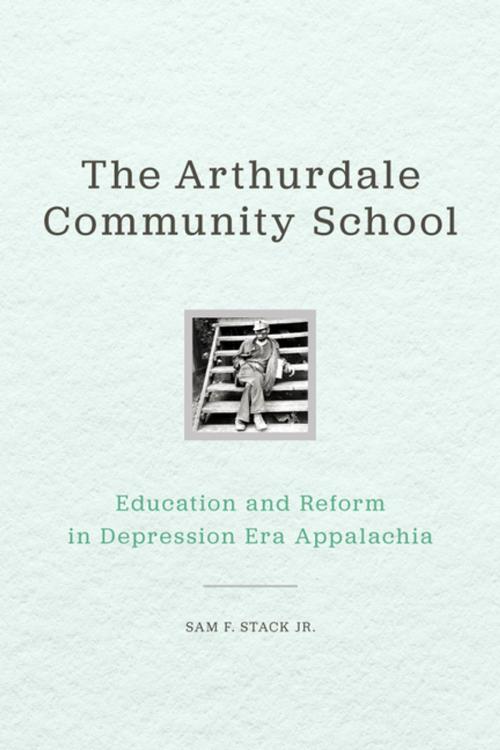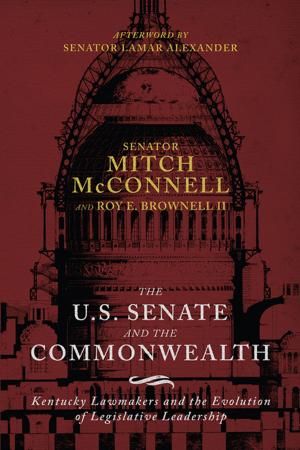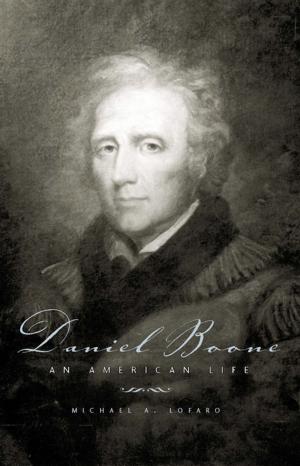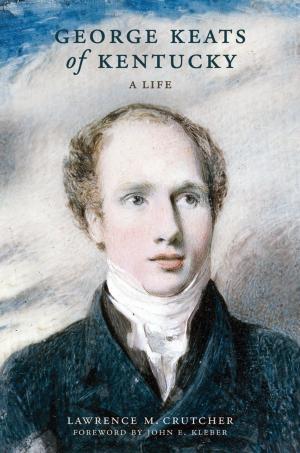The Arthurdale Community School
Education and Reform in Depression Era Appalachia
Nonfiction, Reference & Language, Education & Teaching, History, Educational Theory, Educational Reform, Americas, United States, 20th Century| Author: | Sam F. Stack Jr. | ISBN: | 9780813166896 |
| Publisher: | The University Press of Kentucky | Publication: | March 23, 2016 |
| Imprint: | The University Press of Kentucky | Language: | English |
| Author: | Sam F. Stack Jr. |
| ISBN: | 9780813166896 |
| Publisher: | The University Press of Kentucky |
| Publication: | March 23, 2016 |
| Imprint: | The University Press of Kentucky |
| Language: | English |
The first of many homestead communities designed during the rollout of the New Deal, Arthurdale, West Virginia, was a bold experiment in progressive social planning. At the center of the settlement was the school, which was established to improve the curriculum offered to Appalachian students. Offering displaced and unemployed coal miners and their families new opportunities, the school also helped those in need to develop a sense of dignity during the Great Depression.
The first book-length study of the well-known educational experiment, The Arthurdale Community School illuminates the institution's history, influence, and impact. Founded on American philosopher and reformer John Dewey's idea that learning should be based not on competition but on community, and informed by First Lady Eleanor Roosevelt's guidance, the Arthurdale project sought to enable both children and adults to regain a sense of identity and place by studying the history and culture of Appalachia. Its goal was not to produce workers for global capitalism but to provide citizens with the tools to participate in a democracy.
Author Sam F. Stack Jr. examines both the successes and failures of this famous progressive experiment, providing an in-depth analysis of the Arthurdale School's legacy. A fascinating study of innovation and reform in Appalachia, Stack's book also investigates how this project's community model may offer insights into the challenges facing schools today.
The first of many homestead communities designed during the rollout of the New Deal, Arthurdale, West Virginia, was a bold experiment in progressive social planning. At the center of the settlement was the school, which was established to improve the curriculum offered to Appalachian students. Offering displaced and unemployed coal miners and their families new opportunities, the school also helped those in need to develop a sense of dignity during the Great Depression.
The first book-length study of the well-known educational experiment, The Arthurdale Community School illuminates the institution's history, influence, and impact. Founded on American philosopher and reformer John Dewey's idea that learning should be based not on competition but on community, and informed by First Lady Eleanor Roosevelt's guidance, the Arthurdale project sought to enable both children and adults to regain a sense of identity and place by studying the history and culture of Appalachia. Its goal was not to produce workers for global capitalism but to provide citizens with the tools to participate in a democracy.
Author Sam F. Stack Jr. examines both the successes and failures of this famous progressive experiment, providing an in-depth analysis of the Arthurdale School's legacy. A fascinating study of innovation and reform in Appalachia, Stack's book also investigates how this project's community model may offer insights into the challenges facing schools today.















